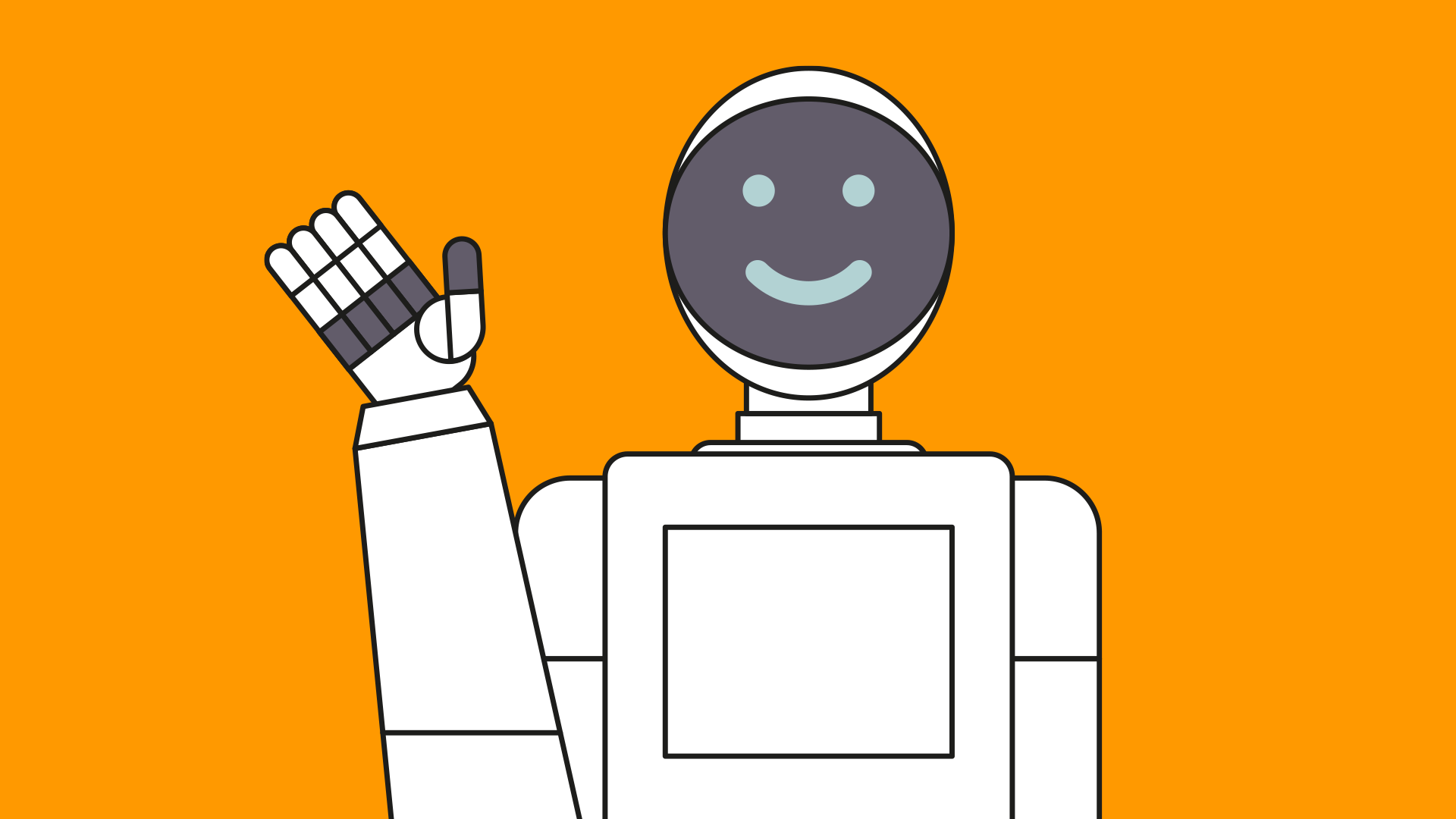Lucy Kerr, an English literature student at the University of Exeter, said she frequently uses ChatGPT to summarise books – something she wouldn’t have time for alongside her part-time job.
Summaries produced by AI save a lot of time. ChatGPT can also generate tailored revision timetables and practice questions, break down complex concepts, make flashcards and suggest study techniques which are catered to individual students. All of these tools could be used to save students time and enable them to focus on improving the quality of their work.
Disabled students
AI could also be productive in boosting equality for disabled students in higher education. Text-to-speech is a form of assistive technology which allows individuals to convert written text into speech. Speech-to-text works in a similar way but in the reverse. In an academic setting, both of these tools can benefit students with speech and language difficulties, helping them translate academic journals and complex information into a format which makes studying easier.
Grammarly corrects spelling and grammatical errors. The tool helps, for example, dyslexic students and those who struggle to revise their academic work. For students who find it difficult to write up notes during lectures, Ai-Live is available. As the name suggests, the tool is a ‘live’ captioning service which records speech as written notes that students can refer back to at any time.
The University of York’s disabled students officer, Jade Husdan-Hicks, told The Big Issue: “I think these aids can be beneficial and, in some cases, necessary in ensuring that disabled students can access the same levels of education as able students.”
University staff
Students are not the only group who could benefit from the integration of AI in higher education.
Dominik Lukeš, the assistive technology officer for the Centre for Teaching and Learning at the University of Oxford, noted that ChatGPT has dominated AI conversation in recent months and has already impacted the way universities operate. “It has suddenly revealed capabilities that go to the very heart of what universities do – most importantly at academic writing,” he said.
There are a number of AI tools that make teaching more efficient. Allowing students to get to grips with AI could be essential in making sure staff and students alike have the skills required for a technologically focused future.
Do you have a story to tell or opinions to share about this? We want to hear from you. Get in touch and tell us more.
This article is taken from The Big Issue magazine, which exists to give homeless, long-term unemployed and marginalised people the opportunity to earn an income.
To support our work buy a copy! If you cannot reach your local vendor, you can still click HERE to subscribe to The Big Issue today or give a gift subscription to a friend or family member.






